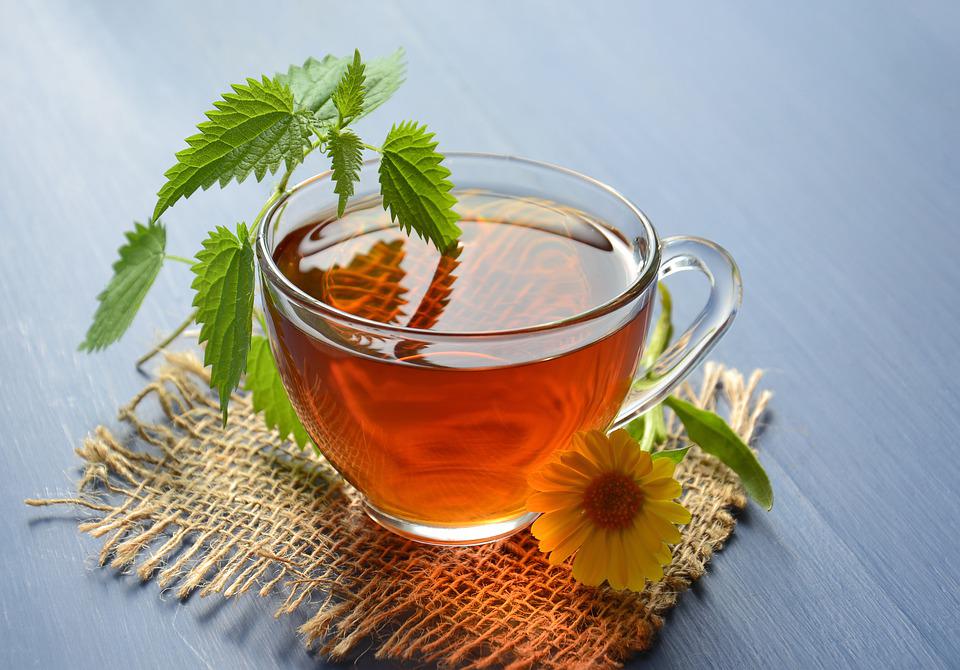Many herbal tea benefits vary depending on which type you drink. Some can help you stay hydrated and meet your daily water goal. Others can ease digestive issues and even aid in sleep. For example, herbal blends like peppermint and ginger can help ease a rumbling stomach. Chamomile and valerian can also help you relax and fall asleep. The benefits of herbal teas are almost limitless. Read on to learn more about the many ways they can benefit you.
Herbal teas reduce stress:
One popular type of herbal tea for stress relief is lemon balm. Herbalists often recommend lemon balm for stress relief, and children can drink it without fear of side effects. Lemon balm is associated with lower levels of depression and anxiety. It has few side effects, and preliminary studies indicate that it can improve the nervousness and mood of sufferers. However, it should be noted that lemon balm can cause nausea and abdominal pain.
Herbal teas reduce inflammation:
Anti-inflammatory properties are present in many herbal teas, including ginger, turmeric, and green tea. Some herbal teas are more effective for a specific type of ailment. To get the most out of the benefits of herbal tea, select the tea that best suits your needs. These teas are also easy to prepare and are typically made by steeping them in boiling water. Although herbal teas are generally considered safe, caution should be exercised. If you notice any side effects or symptoms persist, consult your doctor.
Inflammation is a natural part of our bodies. While inflammation is necessary for our immune system, it can cause serious pain and stiffness. Serious inflammation often requires the use of medication. Inflammation may be caused by a bacterial infection or an injury. Fortunately, herbal teas are a good alternative to medication. Just check with your doctor if herbal tea is right for you. You may be surprised to learn that some teas contain anti-inflammatory properties.
Herbal teas lower blood pressure:
Researchers have demonstrated that drinking herbal teas can lower blood pressure. Some herbs that lower blood pressure include green tea, olive leaf tea, and hibiscus. The antioxidant properties of these teas are similar to those of black, green, and oolong tea, which means they may have similar benefits in treating hypertension. While many clinical trials have not yet been conducted to test the effectiveness of these teas, the results suggest that they may have some potential for lowering blood pressure.
Herbal teas help with digestion:
Drinking a cup of herbal tea can soothe and heal your digestive tract. Ginger is a popular choice for calming an upset stomach and relieving gas and indigestion. Ginger root stimulates the muscles in the stomach and intestines, increasing their motility. In addition, ginger increases the production of saliva and gastric juice, promoting healthy digestion. Studies show that ginger supplementation has a variety of digestive benefits.
Other popular herbal tea benefits that help digestion include senna, chamomile, ginger, and fennel. Senna is often used as a laxative and is often brewed with honey to improve digestion. The compound in senna tea triggers bowel movements and helps with stomach ailments. Steep this tea for eight to 10 minutes, and drink it with a snack or meal.













